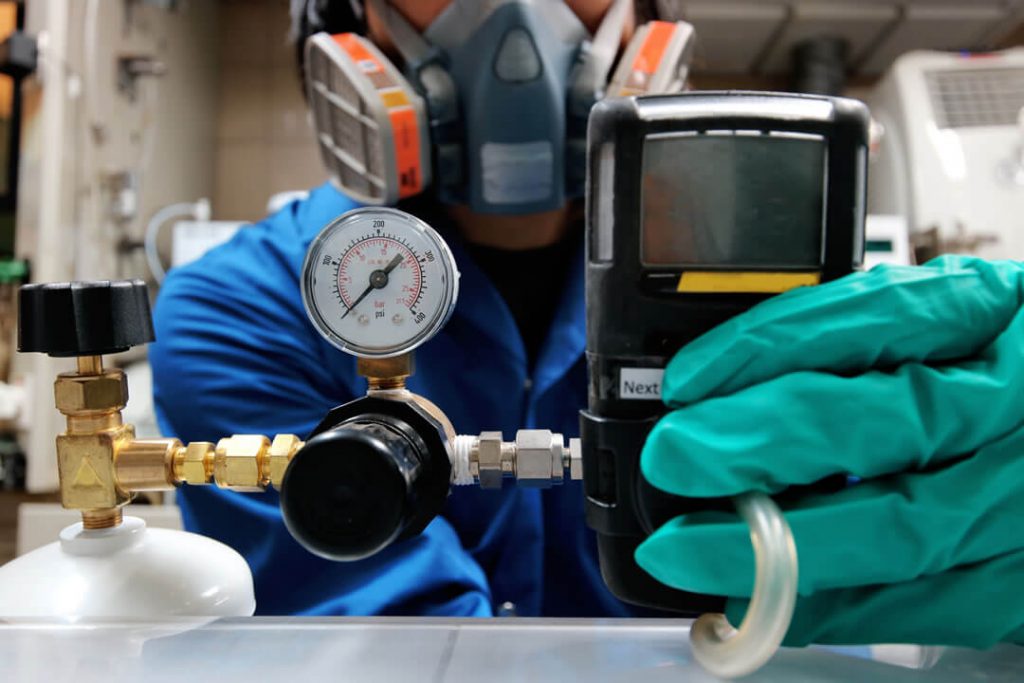Published in MANN REPORT
By
Ira Meister,
President and CEO,
Matthew Adam Properties, Inc.
The New York City Council has extended by six months the filing date for Phase 1 of compliance with the new gas lines inspection law. Reasons cited for the delay include Covid-19, uncertainty about requirements and lack of outreach by the Department of Buildings.
With the extension, buildings in community board districts 1, 3 and 10 in all five boroughs have until June 30, 2021 to file inspection reports. The previous deadline was Dec. 31, 2020.
The new law, Local Law 152, establishes a timetable for inspection of gas lines and a requirement to notify residents on procedures when a gas leak is suspected. Inspection of gas lines is required every five years for all multiple dwelling residential buildings in the city. For new buildings, the initial inspection would take place in the tenth year.
A master plumber must conduct the inspection and is required to submit an inspection report and certification to the building owner within 30 days. Certification from the plumber must be filed with the Department of Buildings and an inspection report must be submitted to the utility company within 90 days. The law requires the inspection of all exposed gas lines from the entry point of gas piping into the building to individual resident units. Inspections in public spaces, hallways and mechanical and boiler rooms should be conducted with a portable combustible gas detector. Only public spaces that have gas piping or gas utilization equipment are subject to scrutiny.
Failure to comply with the reporting requirements is a major violation and may lead to penalties and civil fines up to $10,000.
Unsafe conditions, gas leaks, non-code compliant installations or illegal connections must be identified in the inspection report. Regardless of submission timetables, all unsafe or hazardous conditions must be reported immediately to the building’s owner, the utility and the Department of Buildings and be corrected.
Local Law 152 was passed in the aftermath of a tragic explosion in the East Village several years ago caused by an illegal gas-line connection and focusing public attention on the lack of inspection requirements for these lines. While the city requires periodic inspections of many building systems, including boilers, elevators, water tanks, sprinklers, gas lines were exempt.
Co-op and condo boards should carefully vet companies to perform the inspections. I am concerned that companies have sprung up without the proper experience. This type of contractor abuse surfaced in the first round of inspections for Local Law 10. Many of us who had been through that sequence of events can work with clients to better understand the law and hire qualified companies. It is important to seek out experienced, licensed companies and not firms born with the new law.
The new law also requires building owners or boards to provide residents with information describing procedures to take when a gas leak is suspected. This notice must accompany a lease or lease renewal, be in English and Spanish and be posted in a prominent place in a common area.
The notice advices residents to quickly open nearby doors and windows and leave the building immediately. They should not attempt to locate the leak, turn on or off any electrical appliances, smoke, light matches or use a house-phone or cellphone within the building. Residents should call 911 to report the suspected gas leak only after leaving the building and from a safe distance. They are then advised to call the gas service provider, such as Con Ed, whose name and phone number is listed at the bottom of the information form.
The city has established a cycle for the inspections based on community board districts. The dates are Jan. 1 to Dec. 31 as follows: 2021, Districts 2,5,7,13 and 18; 2022, Districts 4,6,8, 9 and 16; and 2023, Districts 12, 12, 14 15 1st 17. The due dates for the ongoing inspections will be the five-year anniversary of the previous inspection.
Buildings without gas piping systems are required to file a certification stating this. The reporting timetable follows that of the borough dates and must be resubmitted every five years.


